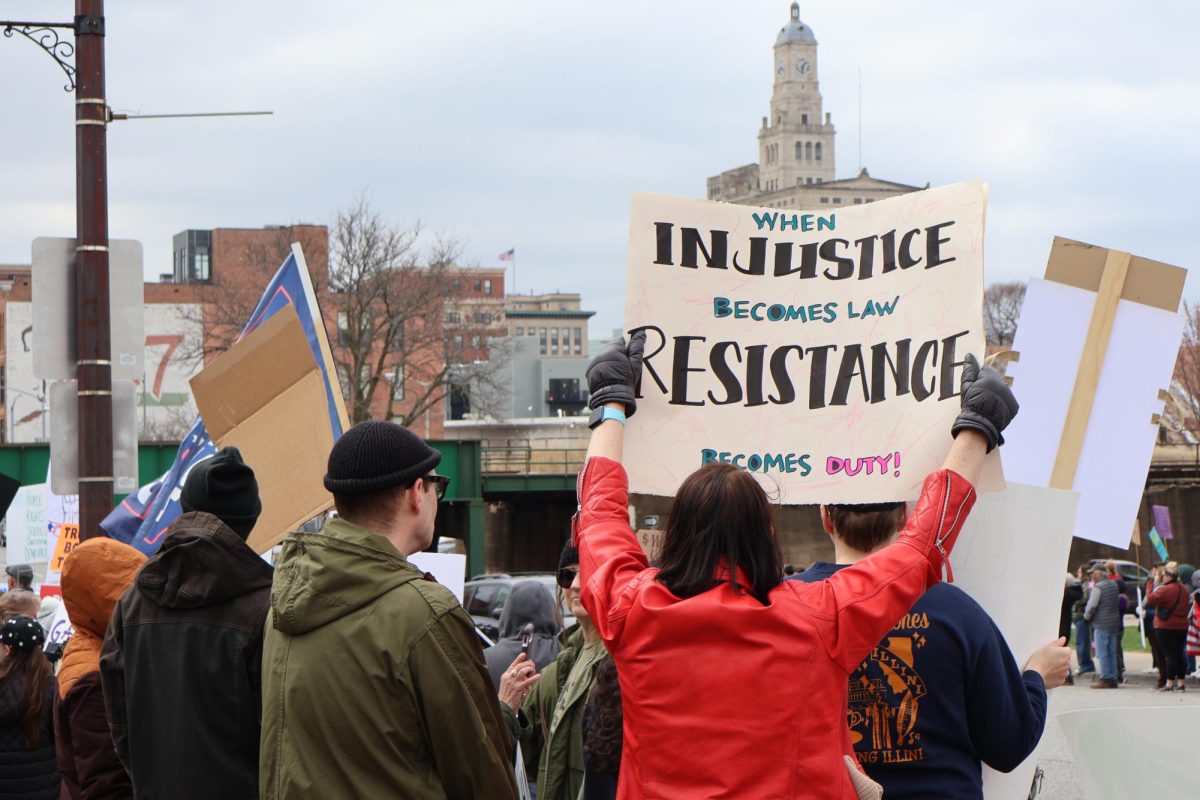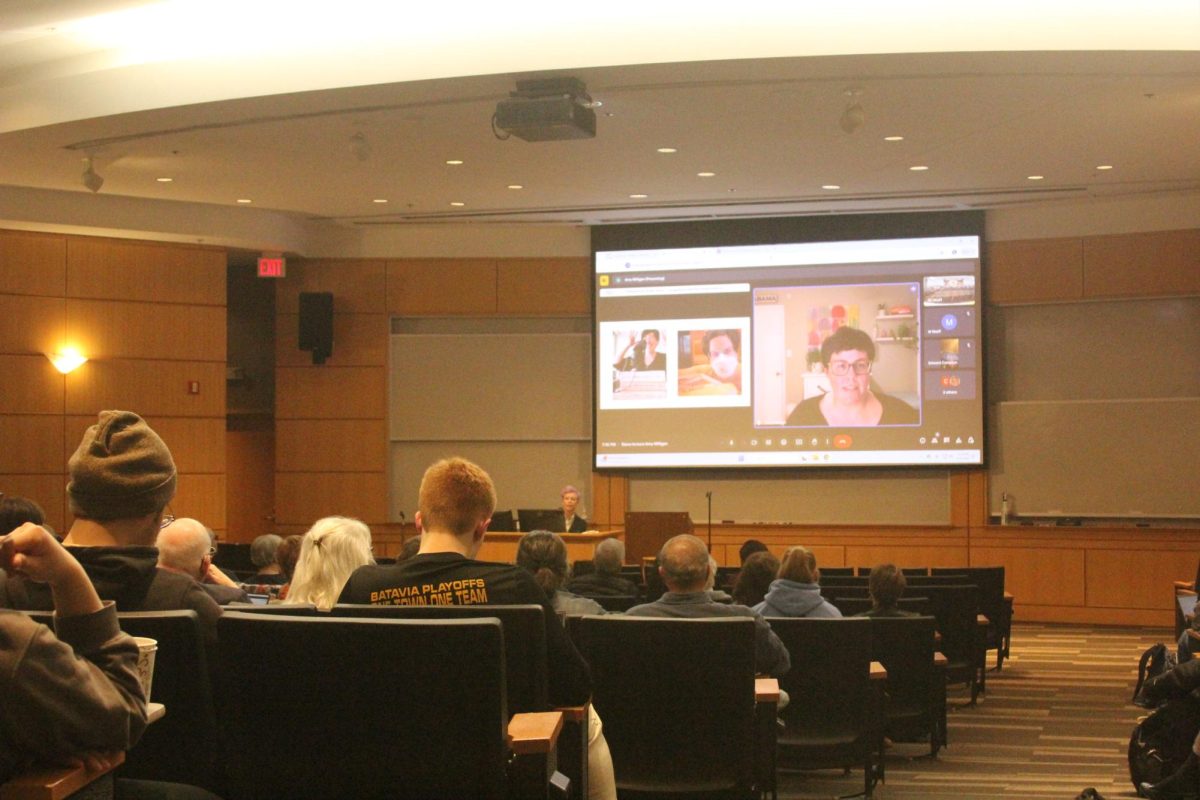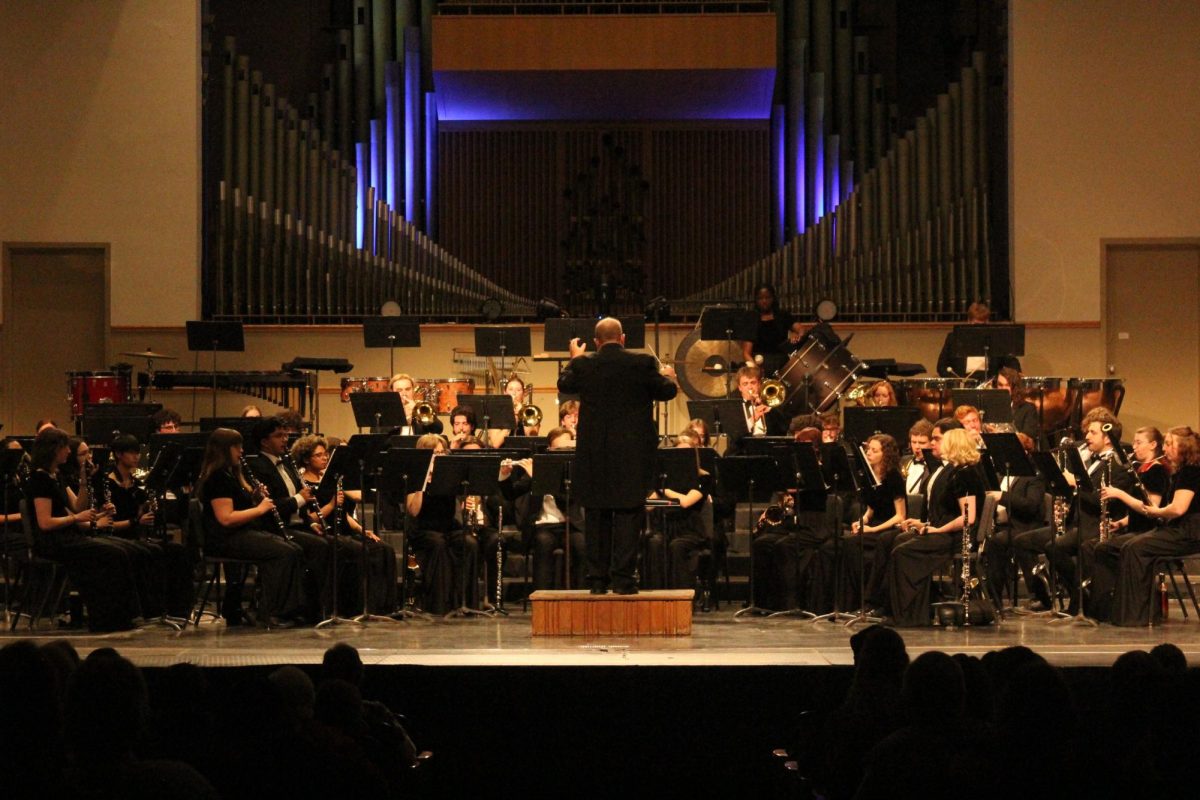Augie should strive toward safe spaces for all
December 10, 2022
As college campus populations grow more diverse, administrators must strive to make all members of the campus community feel welcome.
Evidenced by the mass shooting at Club Q, sometimes “safe spaces” offer more opportunities for discrimination. It will take the respect and effort of all campus community members to make these spaces truly safe for LGBTQ+ individuals.
In recent years, Augustana College has been a prime example of making members of the LGBTQ+ population feel like campus is a safe space for them.
One of the actions taken was appointing an LGBTQ+ coordinator for the Office of Student Inclusion & Diversity, Daisy Moran, who is dedicated to creating and hosting various events on campus.
These events include monthly “Safe Zone” trainings and various pride celebrations. Unfortunately, these events may go unnoticed by many on campus because of ineffective advertising.
According to first-year Maya Pagel, “I didn’t hear about the specific events at all. I know there’s a club on campus, but I don’t know about very many events.”
Forums such as the Student Bulletin, while promoting several events across campus, are not ideal for retaining knowledge about them. This applies to activities promoting inclusion of the LGBTQ+ community.
“[I]t’s more ineffective advertising than a lack of events happening on campus. Student Bulletin goes in one ear and out the other a lot of times and there are few posters that catch my attention,” Pagel said.
Despite this, there are things that the campus is doing well. This includes the variety of events offered and how often they are held. I believe that the involvement of campus offices in promoting inclusion and diversity is a great step towards making campus feel more like a safe space for all students.
Junior Taylor Roth said that “the drag show and transgender day of remembrance events make LGBTQ+ individuals feel welcomed here because Augie is realizing that this may be what they identify with and that they actually care.”
In their most recent step towards creating more safe spaces on campus, Augustana made more gender inclusive bathrooms. They informed Augustana students via Student Bulletin emails, but signage for these is still in the works.
This shows that Augustana tries to create these spaces, but communication about them is lacking.
However, the largest step towards safe and inclusive spaces for the LGBTQ+ community is the dedication of an all-gender floor in the Westerlin residence hall. This space is available for any freshman or sophomore student interested in living alongside like-minded individuals and is provided as an option to students when they register for housing.
This space serves as an “oasis where people can go and be comfortable with one another because they share similar interests and identify in similar ways,” Zach Blair, a Community Advisor for the all-gender Westerlin floor, said.
Blair also believes that “it’s important for schools like Augustana to implement floors like this because it will unite these communities on campus which is important for these communities to thrive.”
For instance, many students were left unaware of the availability of an all-gender floor in Westerlin despite it being one of the largest efforts undertaken to make a more inclusive space. Communication about this, as it is the first year that it has been available, may have helped to provoke more interest.
Obtaining interest and intrigue from prospective students will be vital for the “safe space” to gain more traction and acceptance for years to come.
“To get more interest in a community like this is to bring the vibrancy of the community that already exists to light. You could do this by talking to people who already live on the floor about the benefits […] this could help people discover that this could be a community for them,” Blair said.
It is not debatable that Augustana has made strides in providing a welcoming space for the LGBTQ+ community. However, it needs to improve its communication about these efforts, including events and inclusive spaces.
Zach Blair previously worked for the Observer.



































































































